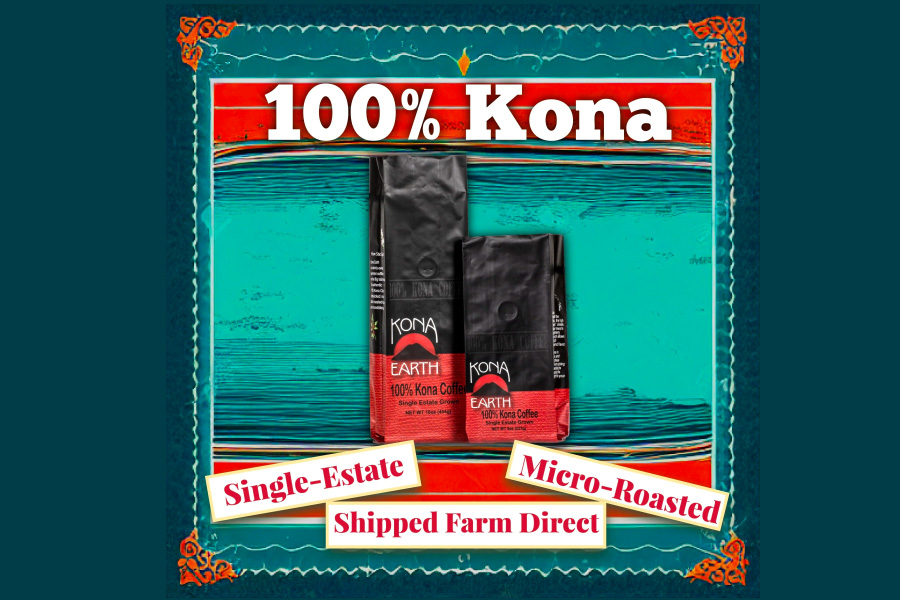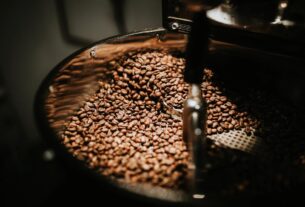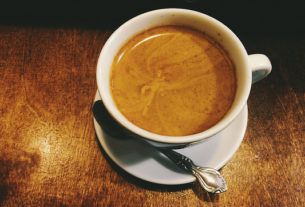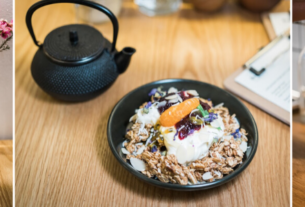When it comes to coffee, few places in the world can rival Hawaii. The coffee grown on the Big Island is some of the best in the world, and Kona coffee is among the most sought-after varieties.
If you’re looking for a truly exceptional cup of Kona coffee, you’ll want to make sure you know a few of the ins and outs of selecting the right one. Here are some tips on how to buy Kona Coffee that will make your next cup exceptional:
Look for the Real Deal
Kona coffee is sold as 100{a314a8426bec285f21a4042e6c7cf8c126af5bae26ed5b342ace92825a8aabd3} Kona coffee, or as a blend. A 100{a314a8426bec285f21a4042e6c7cf8c126af5bae26ed5b342ace92825a8aabd3} Kona coffee contains beans that were all grown in the Kona region of Hawaii. A blended Kona coffee will contain some percentage of Kona beans, mixed with beans from other regions. These lesser-quality Kona blends contain as little as 10{a314a8426bec285f21a4042e6c7cf8c126af5bae26ed5b342ace92825a8aabd3} of actual Kona coffee. By blending cheaper beans in with a few beans from Kona, blend producers are sacrificing the true taste and character that consumers expect when they purchase a gourmet, specialty coffee like 100{a314a8426bec285f21a4042e6c7cf8c126af5bae26ed5b342ace92825a8aabd3} Kona. This is a disservice to both consumers and the Kona coffee farmers who go to great expense to effort and produce the real deal. Look for 100{a314a8426bec285f21a4042e6c7cf8c126af5bae26ed5b342ace92825a8aabd3} Kona Coffee. Anything else won’t measure up to the Kona reputation.
Look For Freshness
Kona coffee is best when it’s fresh, so try to source beans that were roasted within the last few weeks. Unfortunately, with Kona coffee that is sold at big box stores like Costco, grocery chains like Safeway, or even online retailers like Amazon, you can’t be sure how long that coffee has been sitting on the shelf or in the fulfillment center. By buying directly from a small family Kona coffee farm, you’ll ensure freshness, knowing that your coffee is roasted in small batches and then shipped out within a few days to your home.
Shop and Compare
Because of its high quality and unique flavor, Kona coffee is typically quite expensive. A pound of Kona coffee can cost upwards of $50, making it one of the most expensive coffees in the world. That said, the price of Kona coffee can vary greatly, depending on the quality and grade of the beans. Prices can range from $20-$40 per pound for lower grades, to over $100 per pound for premium grades.
Look for single-estate Kona coffee. These are Kona coffees that come from a single farm, as opposed to being a blend of beans from multiple farmers. Single-estate Kona coffees tend to be higher quality and therefore more expensive.
Compare bag sizes and cost per ounce. Sometimes a price may look favorable at first glance but, upon further investigation, you realize that it’s a smaller bag size such as a 10 oz. or 4 oz. size. Standard bag sizes that are comparable to other types of coffee are 8 oz. and 16 oz. – the tried and true half-pound or pound sizing that most people think of when buying coffee.
When it comes to Kona coffee, you really do get what you pay for. The best way to ensure you’re getting quality Kona coffee is to do your research, talk to farmers, and compare prices.
By following these tips, you can be sure you’re getting the best Kona coffee available and enjoying a truly exceptional cup of coffee.
If you’re looking for a single-estate, premium grade, 100{a314a8426bec285f21a4042e6c7cf8c126af5bae26ed5b342ace92825a8aabd3} Kona coffee, give Kona Earth a try. You’ll be supporting a locally-owned, family-run Kona coffee farm with folks who care very deeply about the quality and freshness of their coffee. Owners Steve and Joanie Wynn nurture their gourmet specialty coffee from crop to cup, processing on site, micro-batch roasting, and then shipping direct from their farm to your doorstep for supreme freshness.





